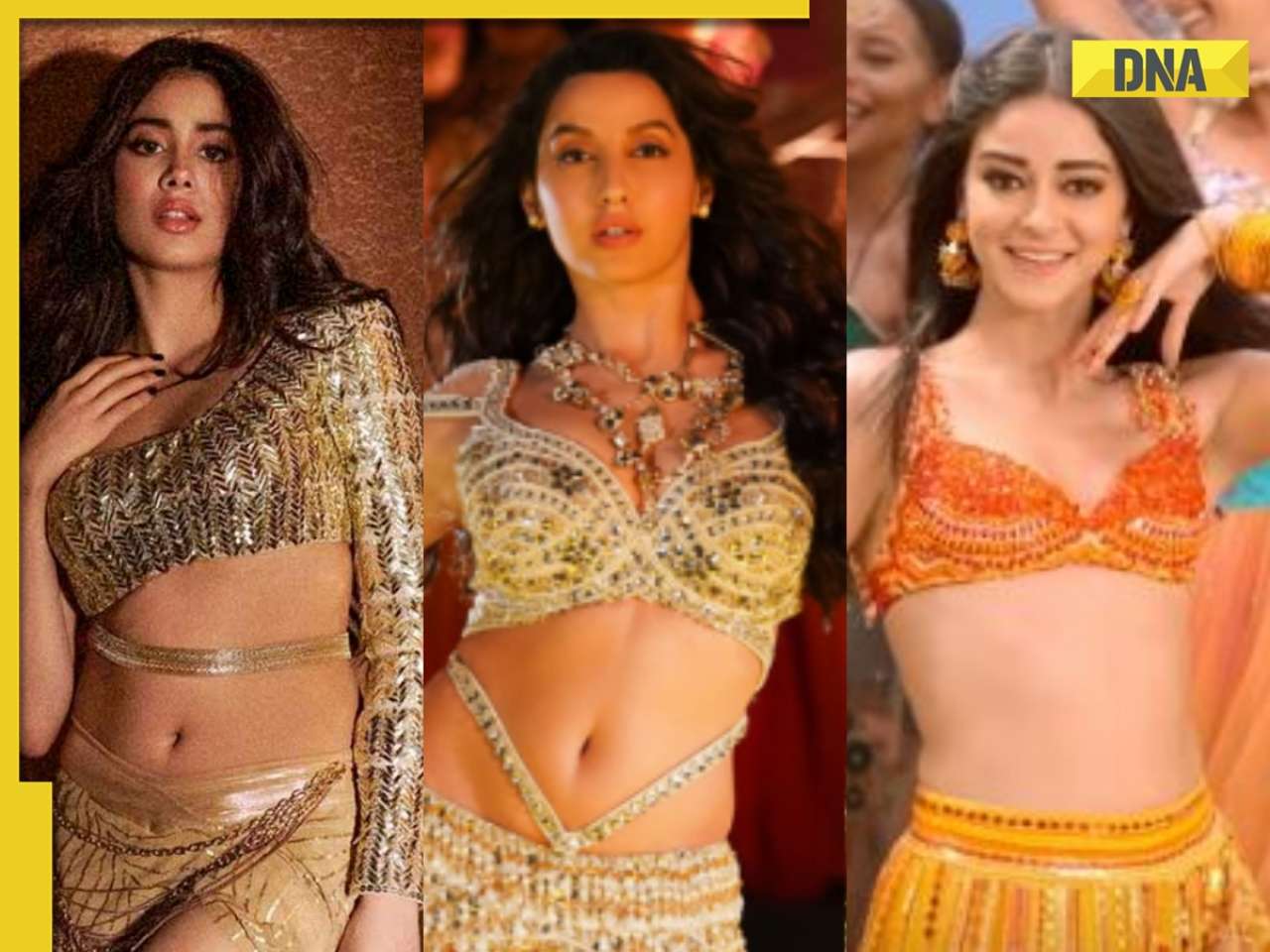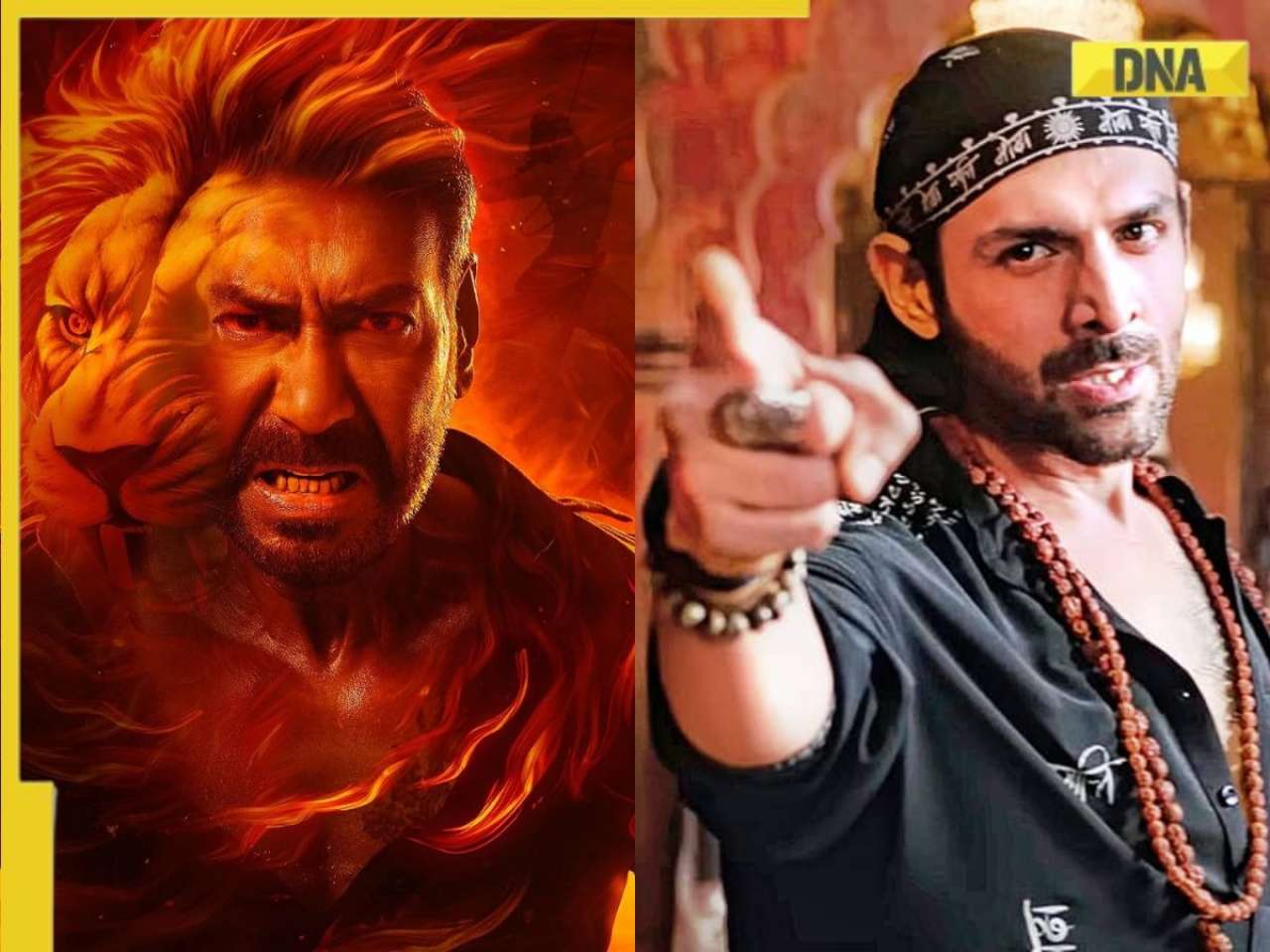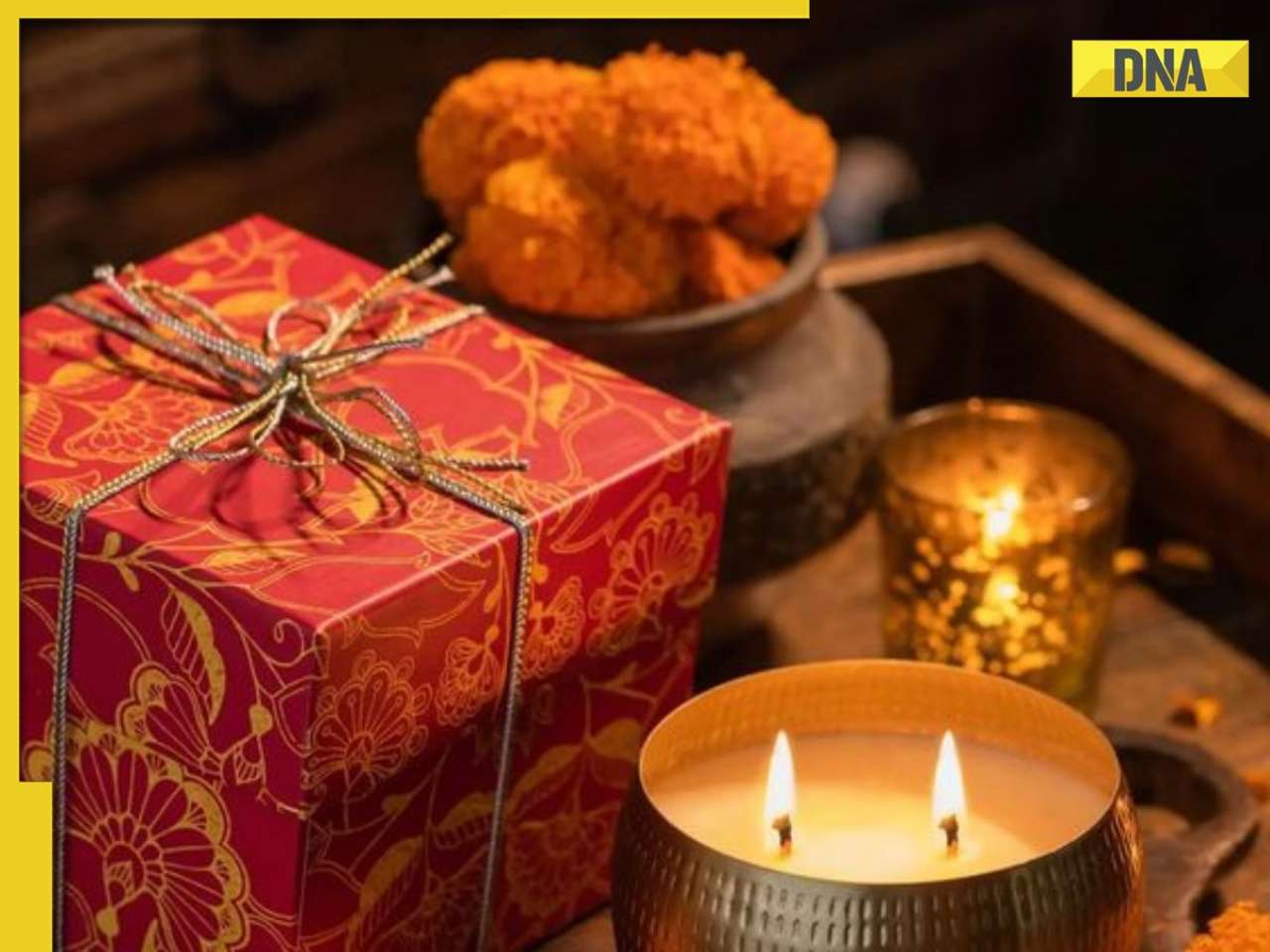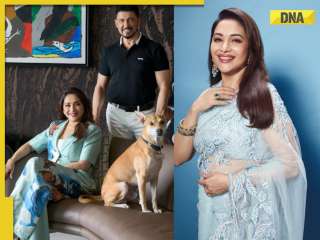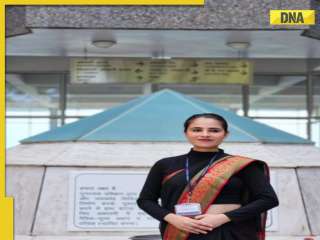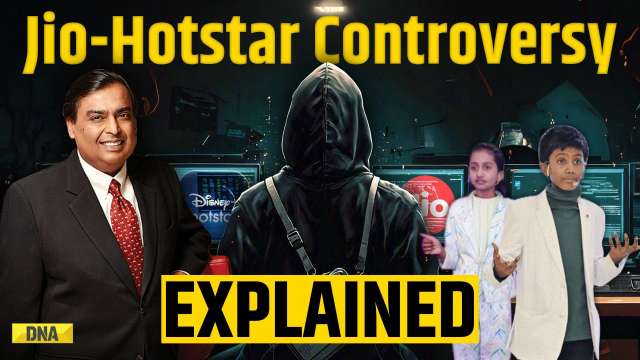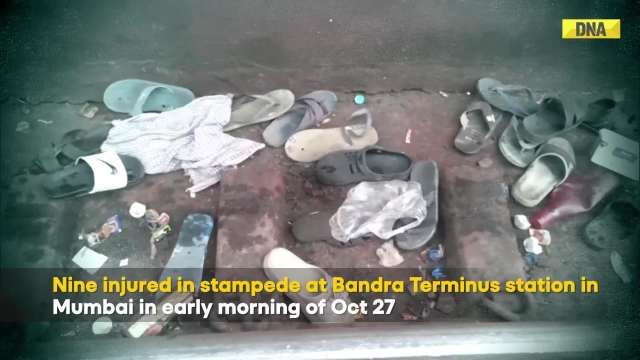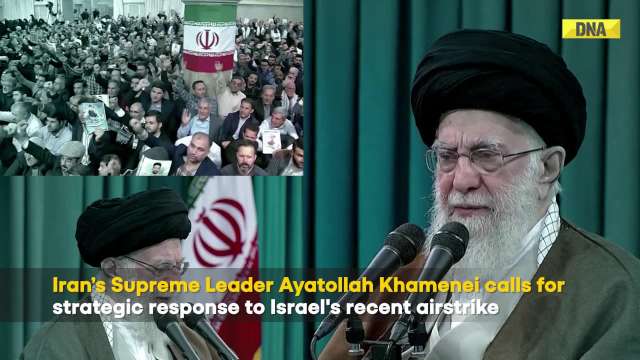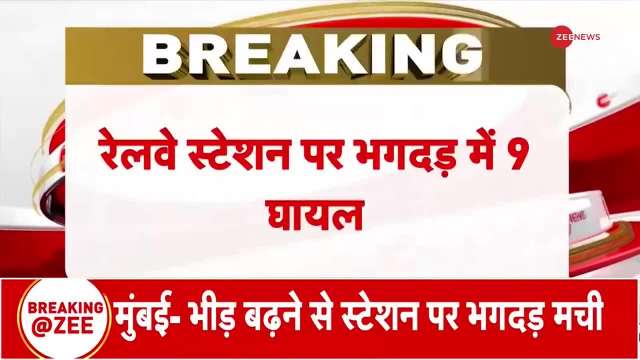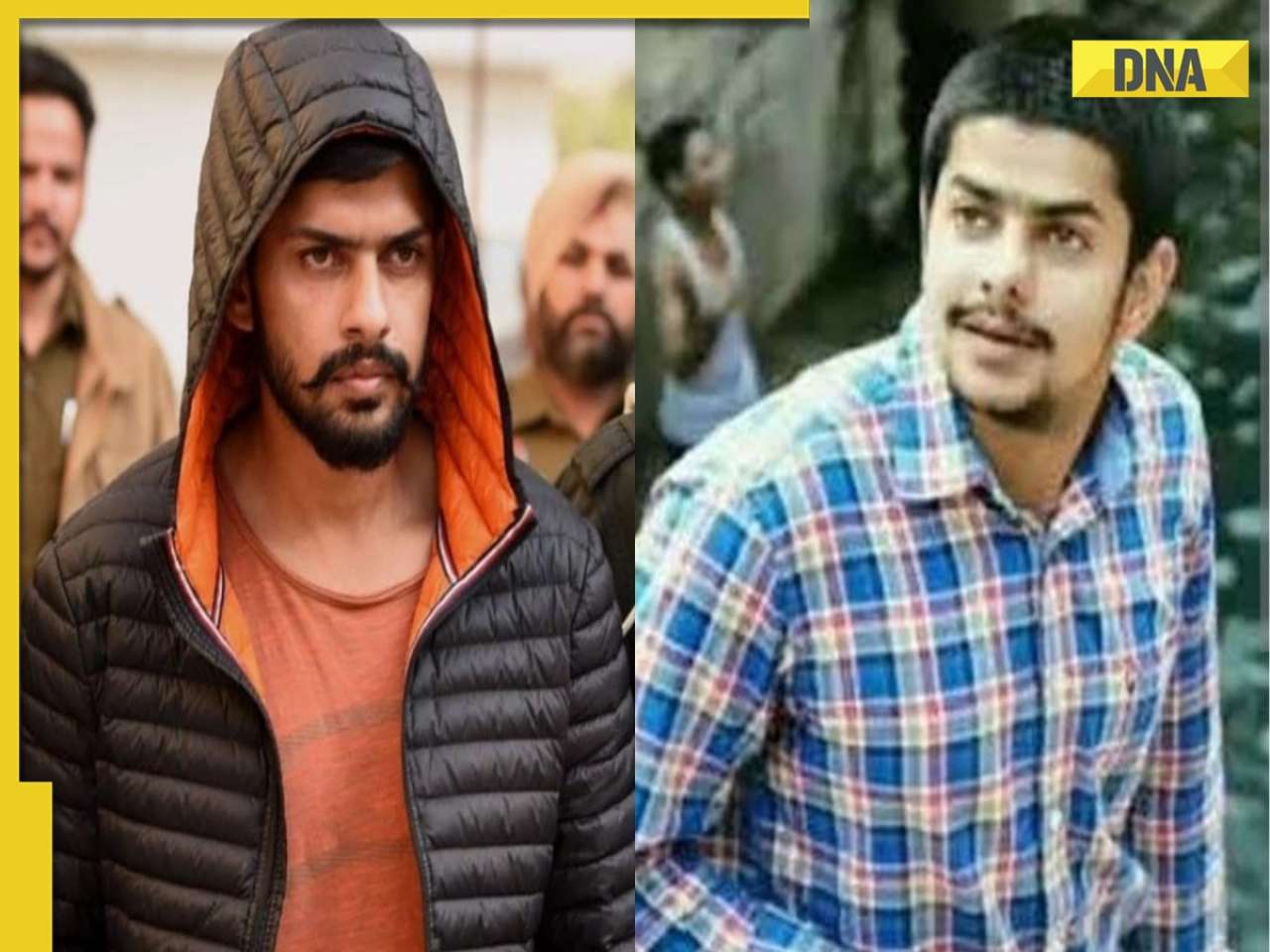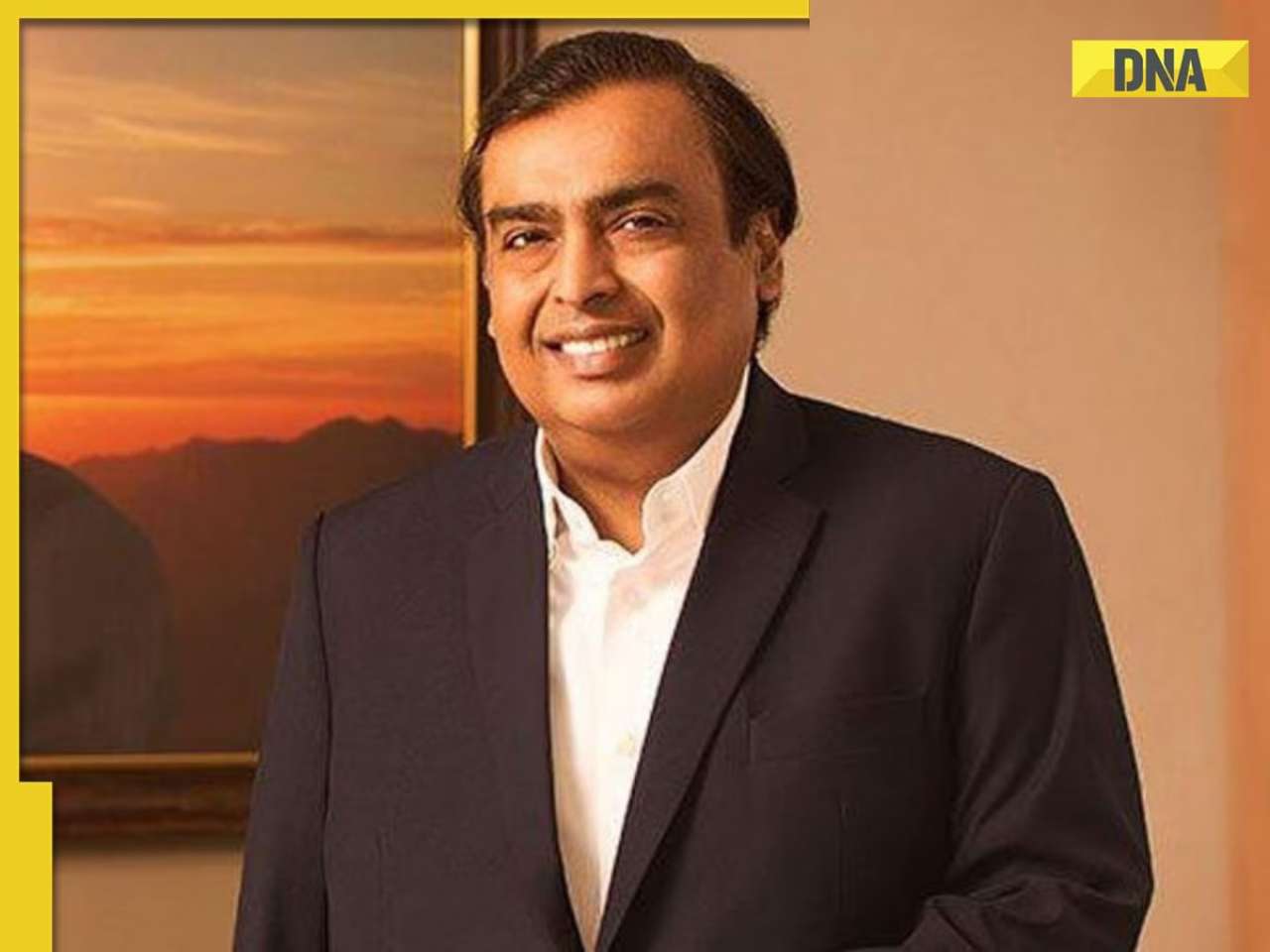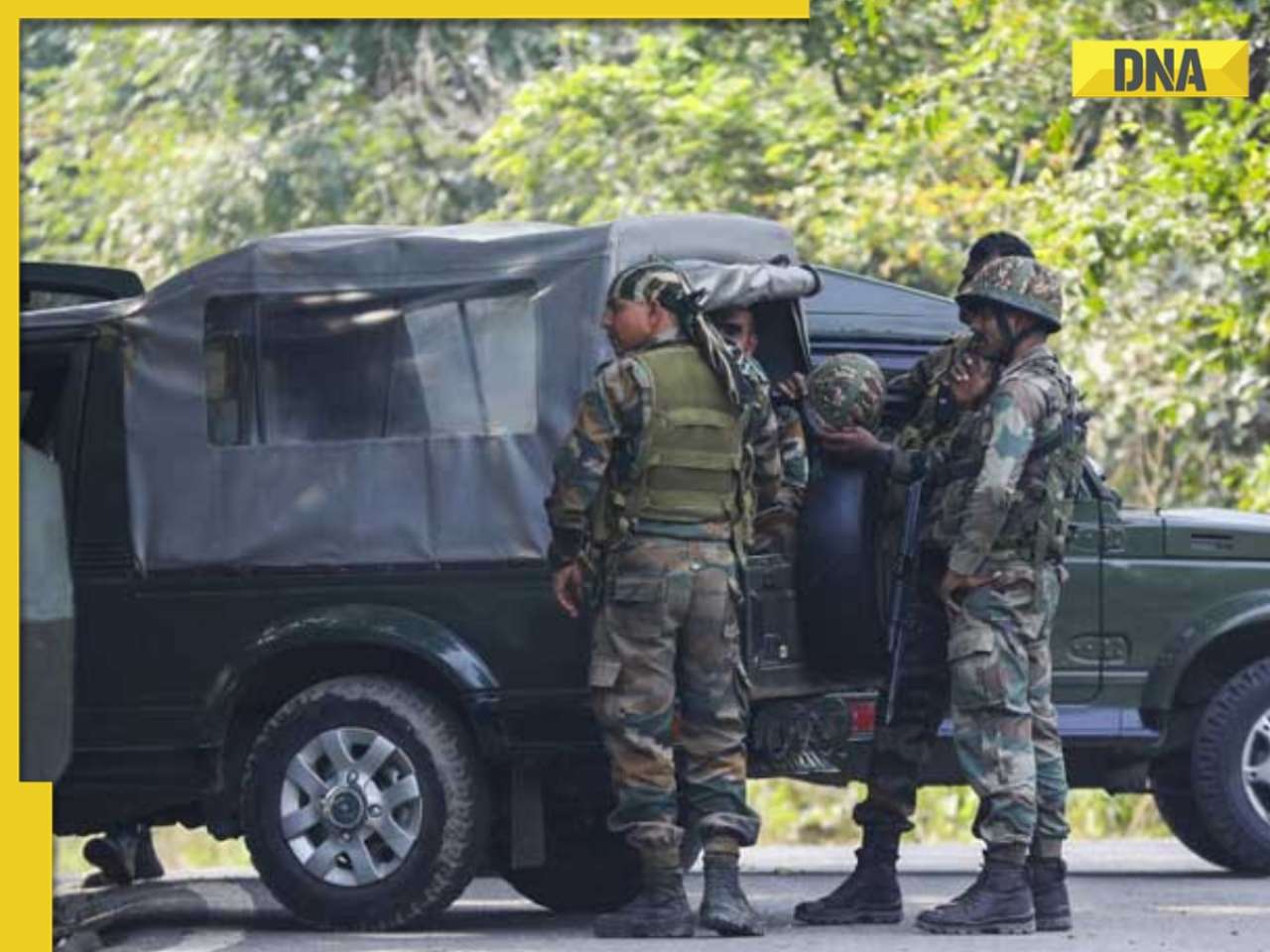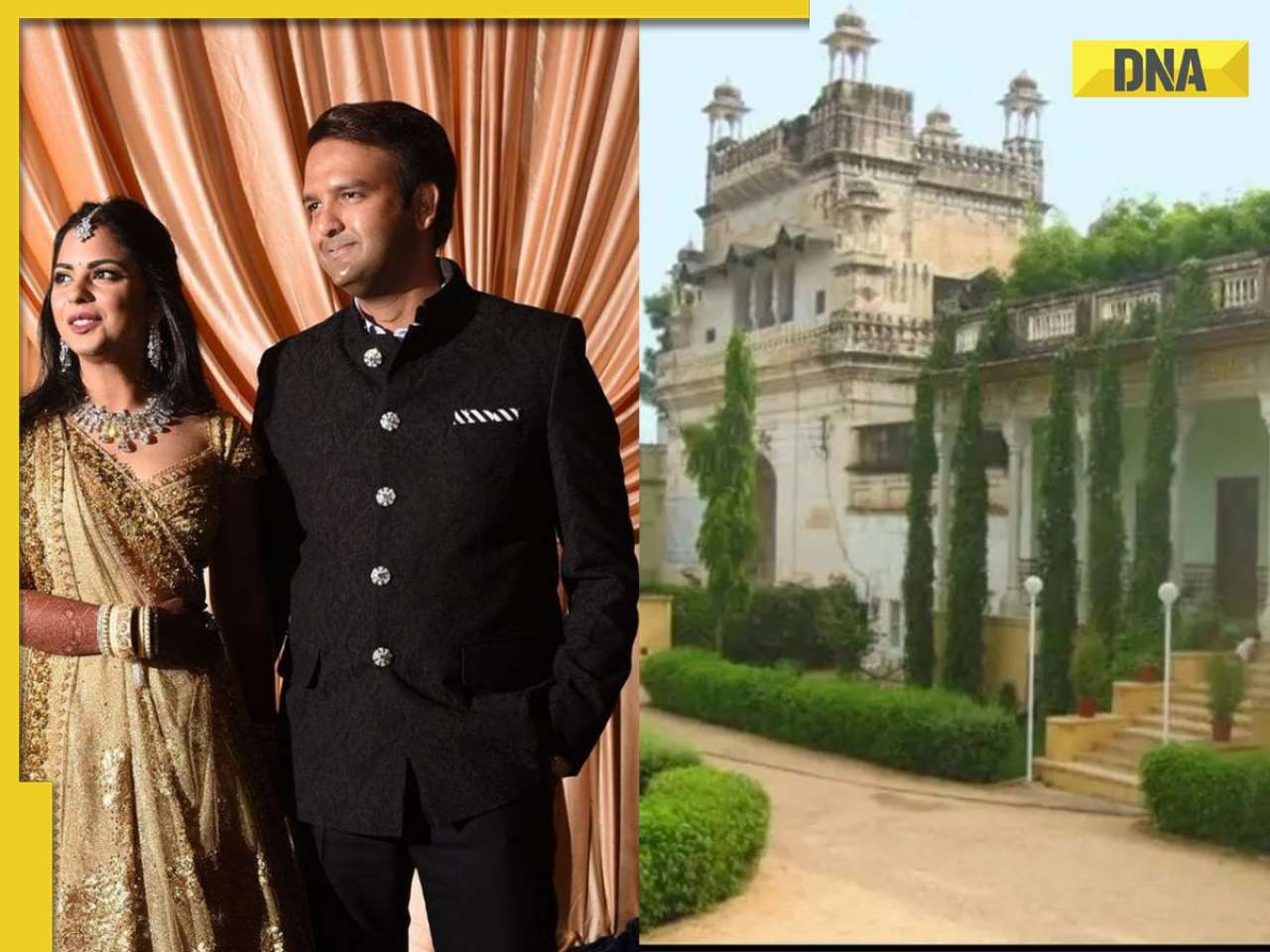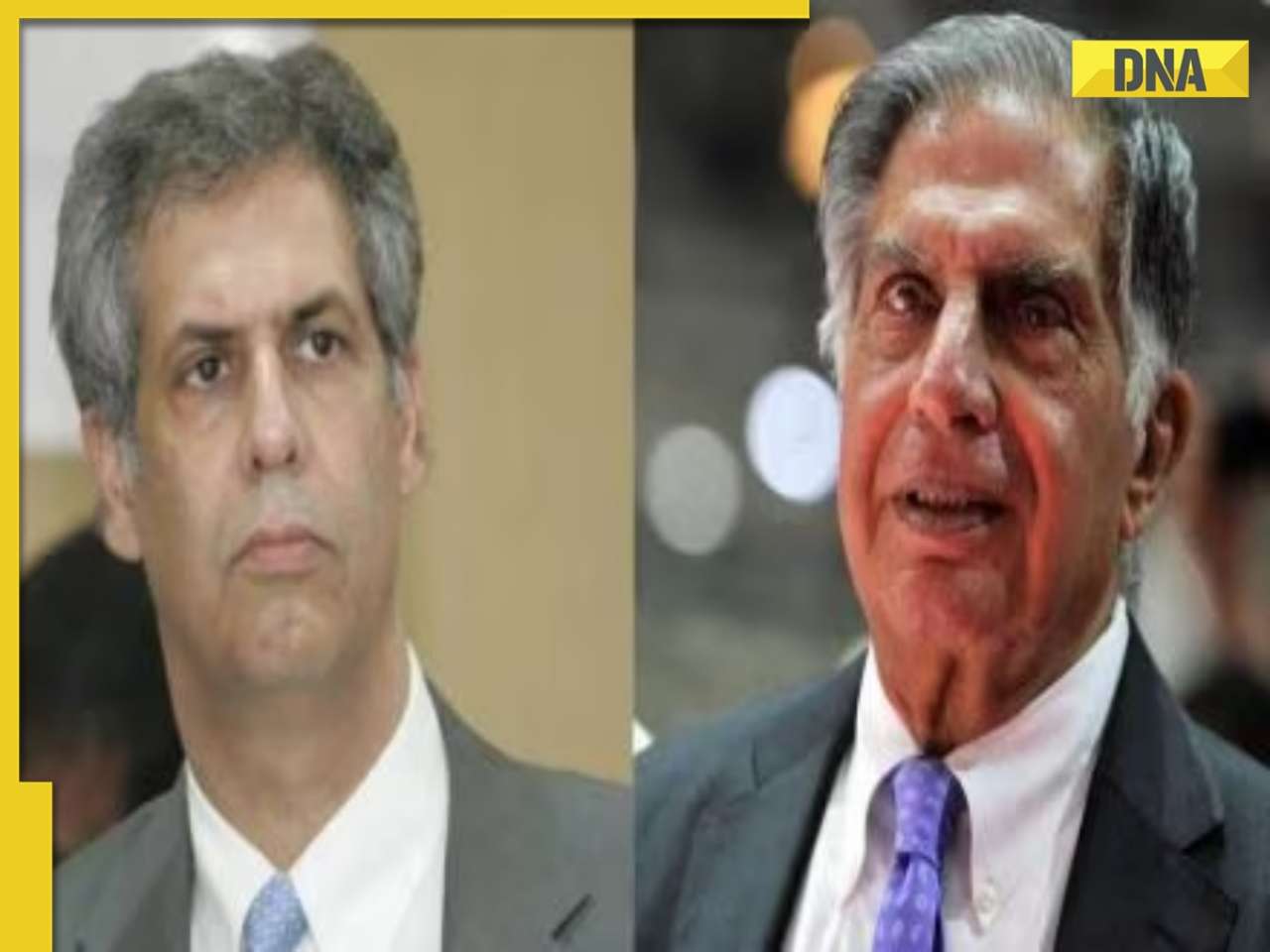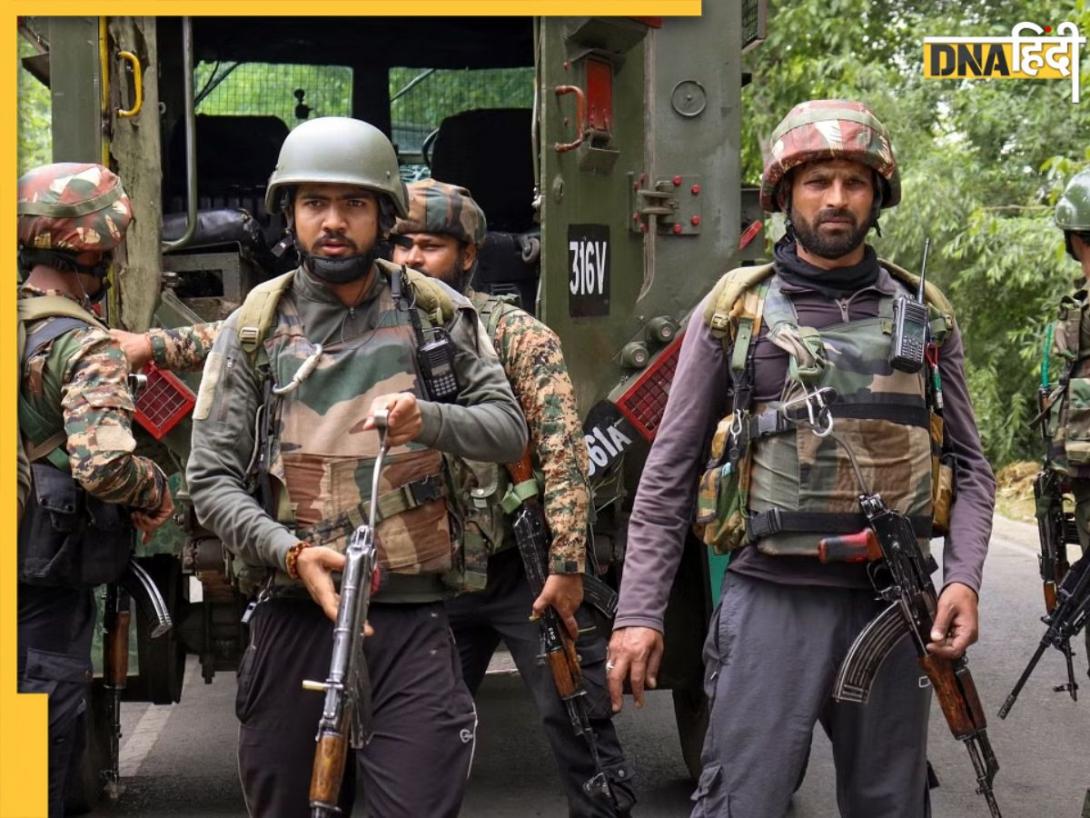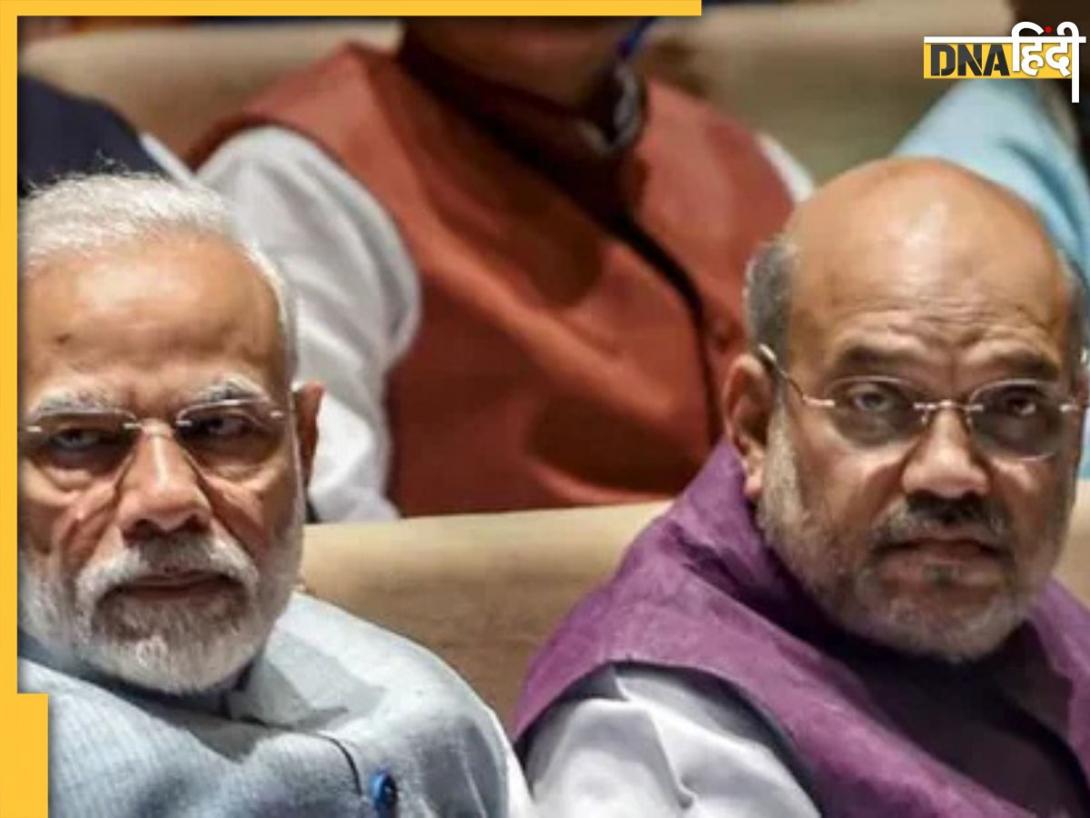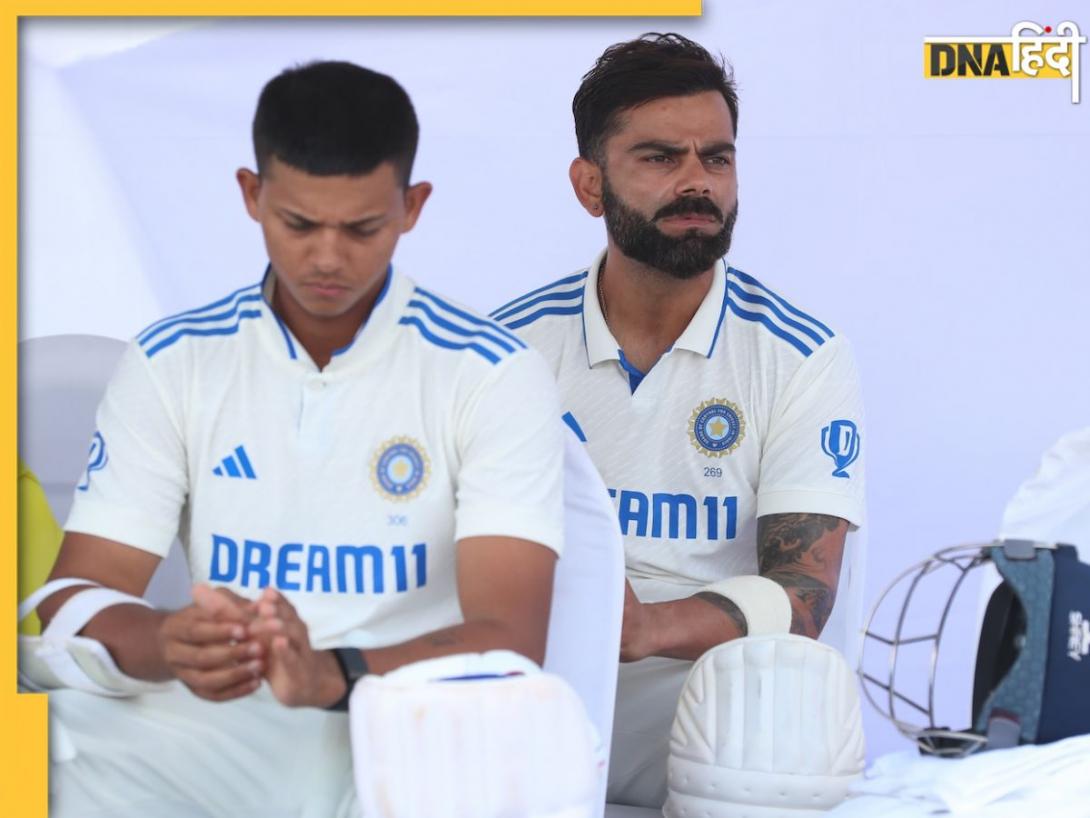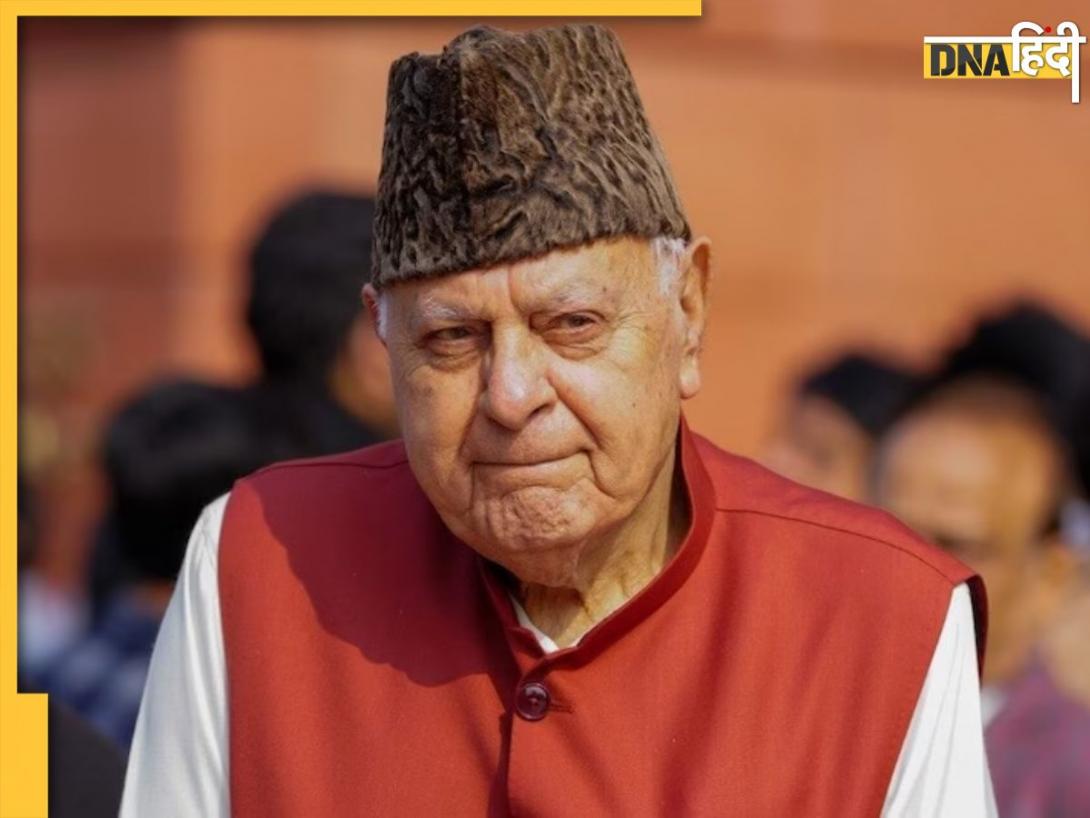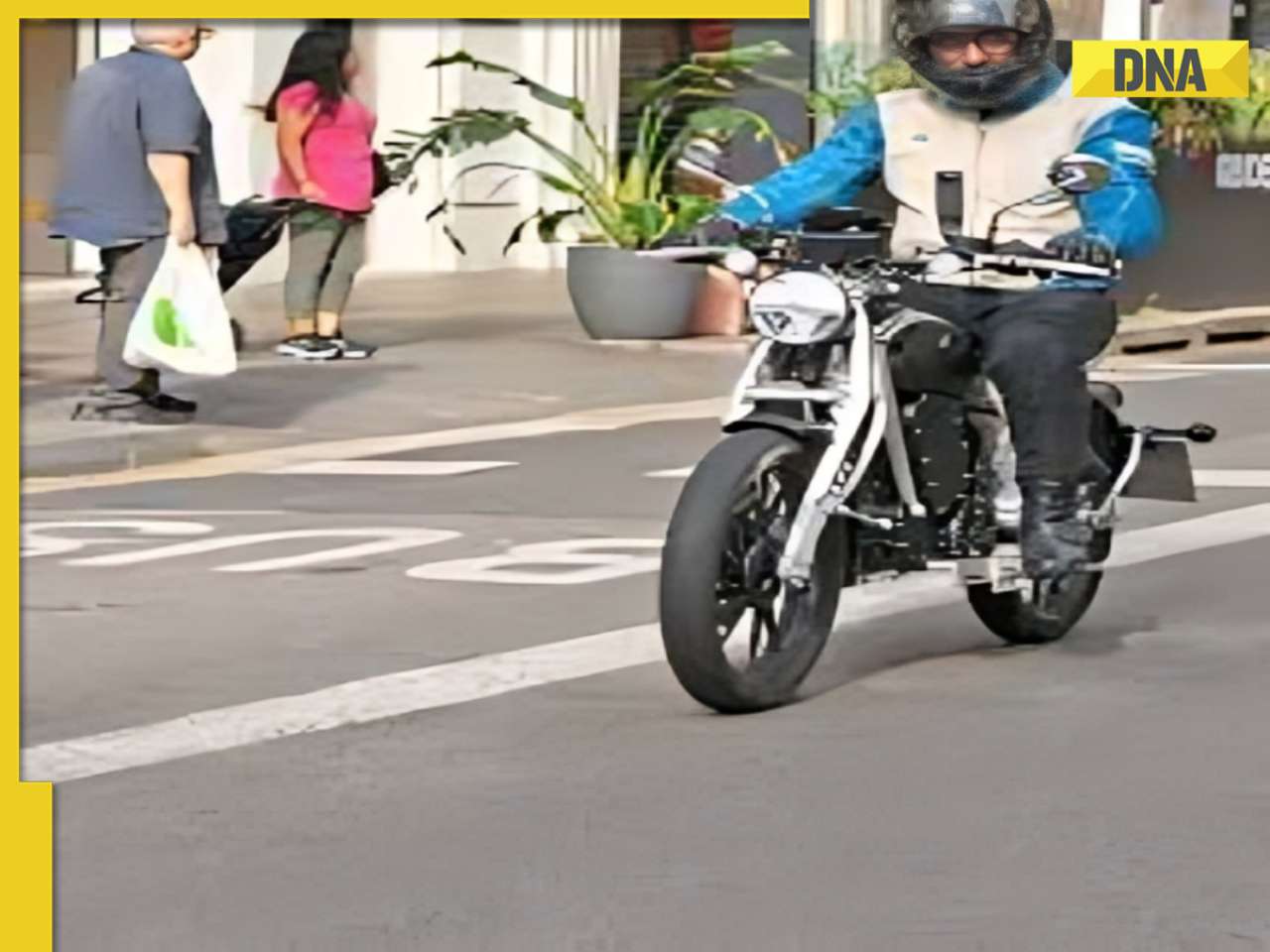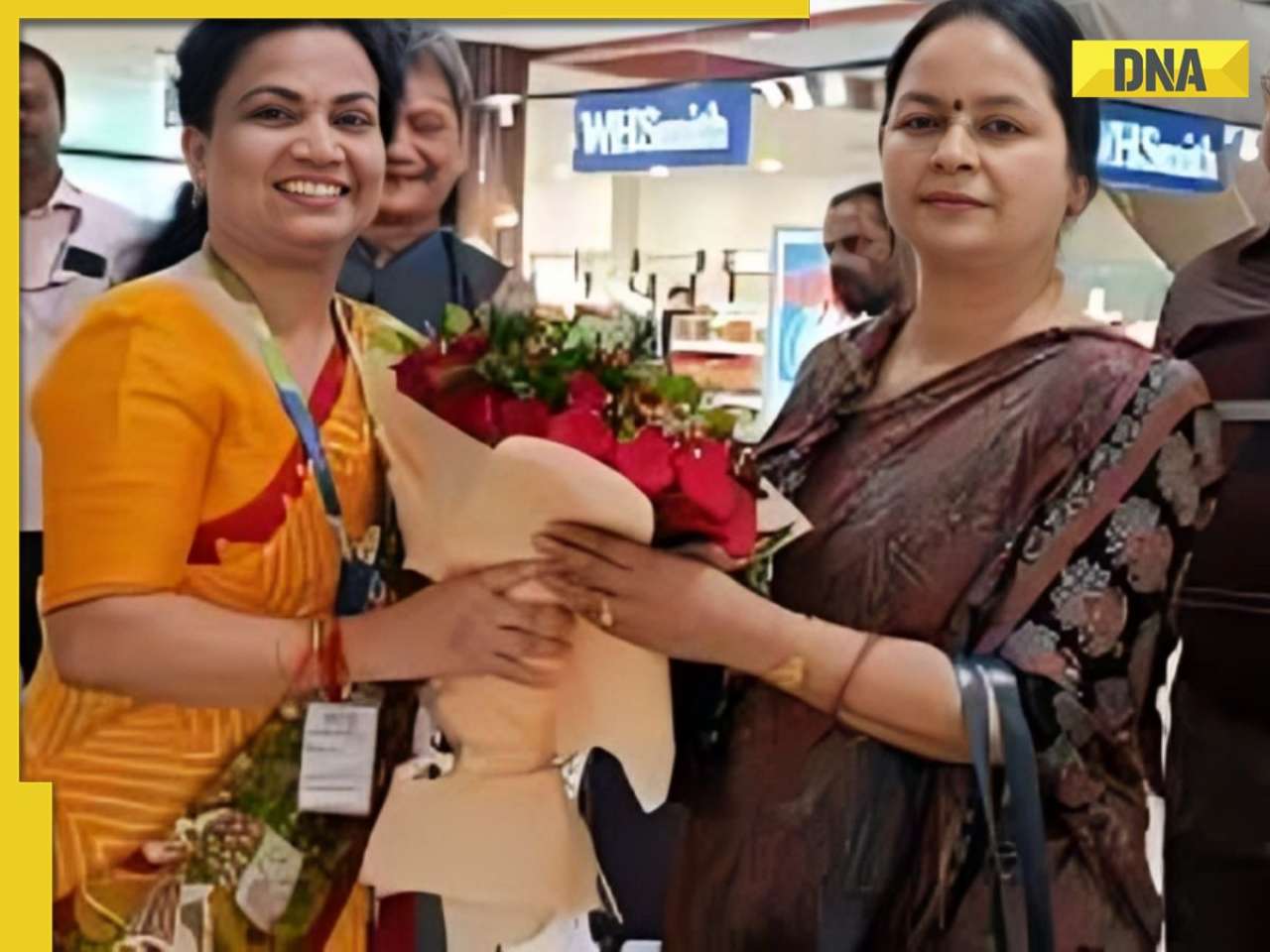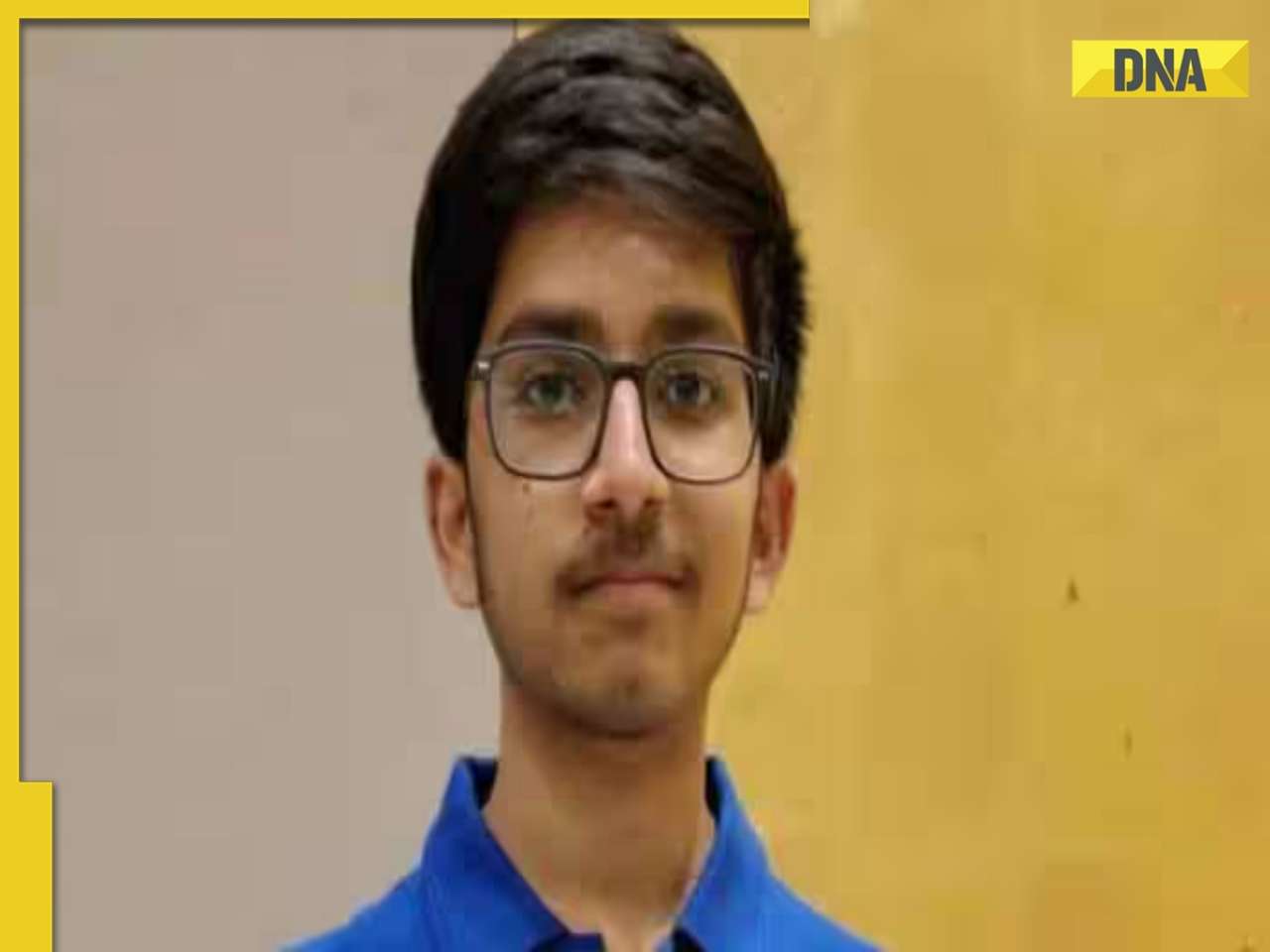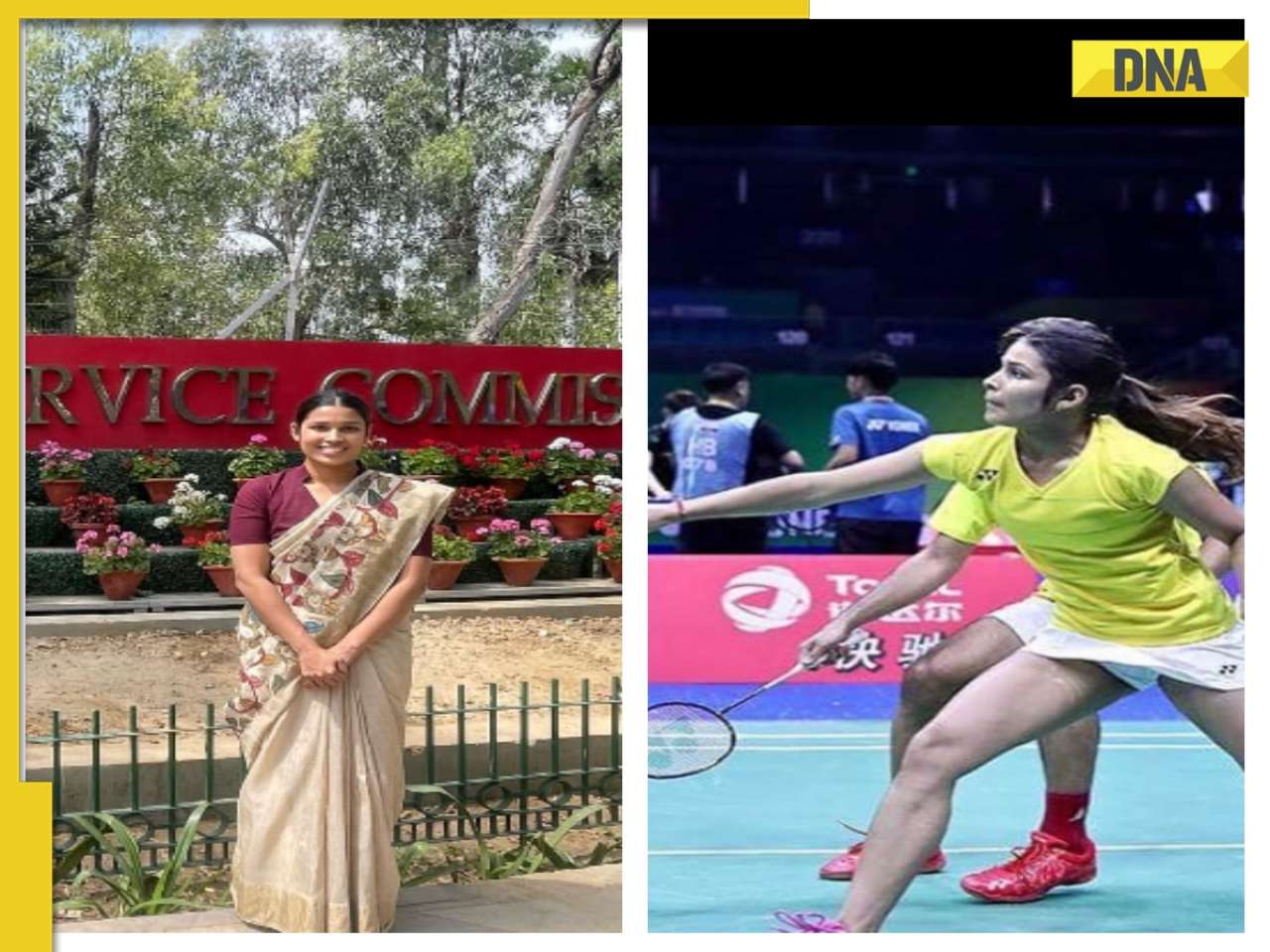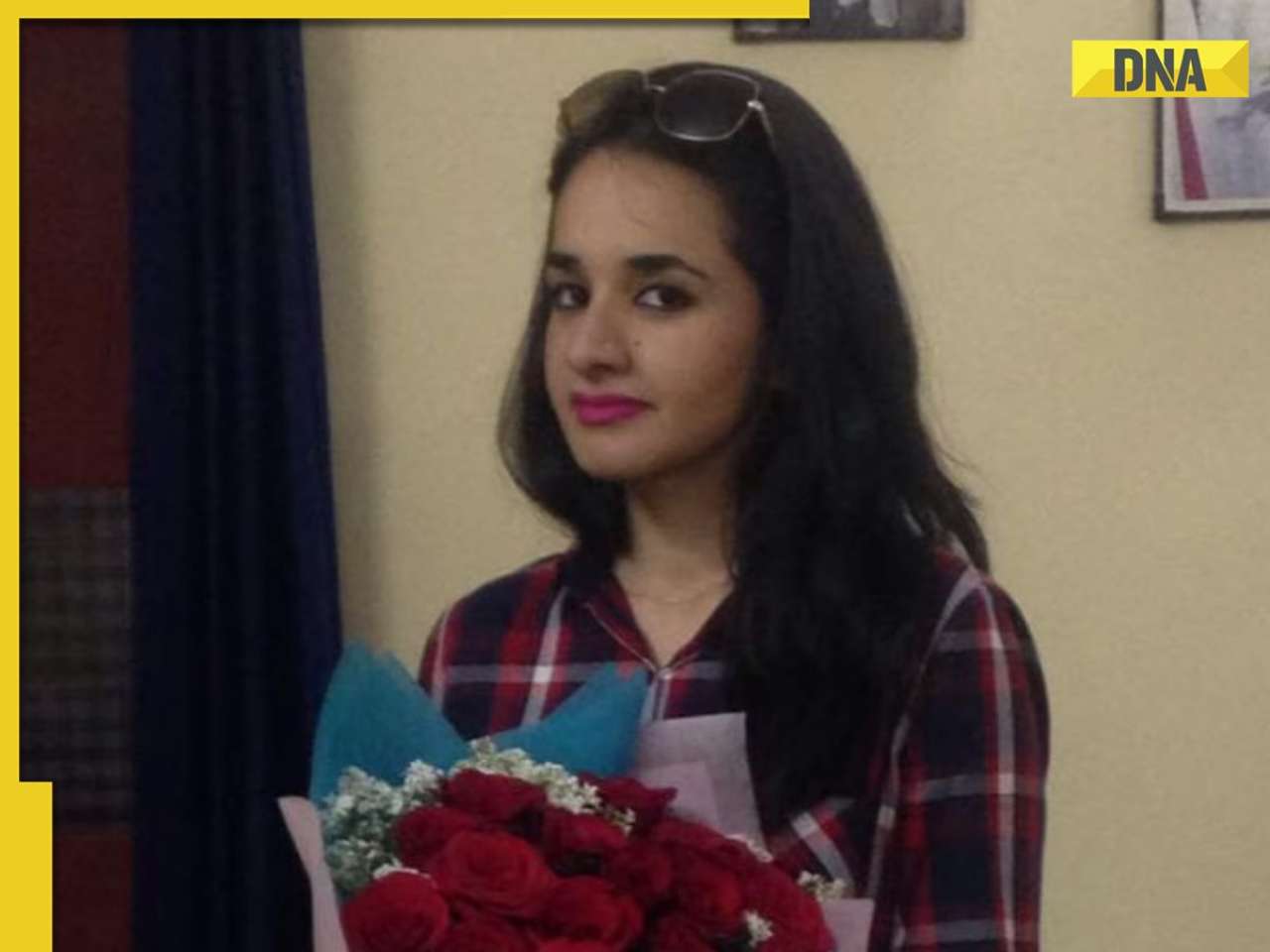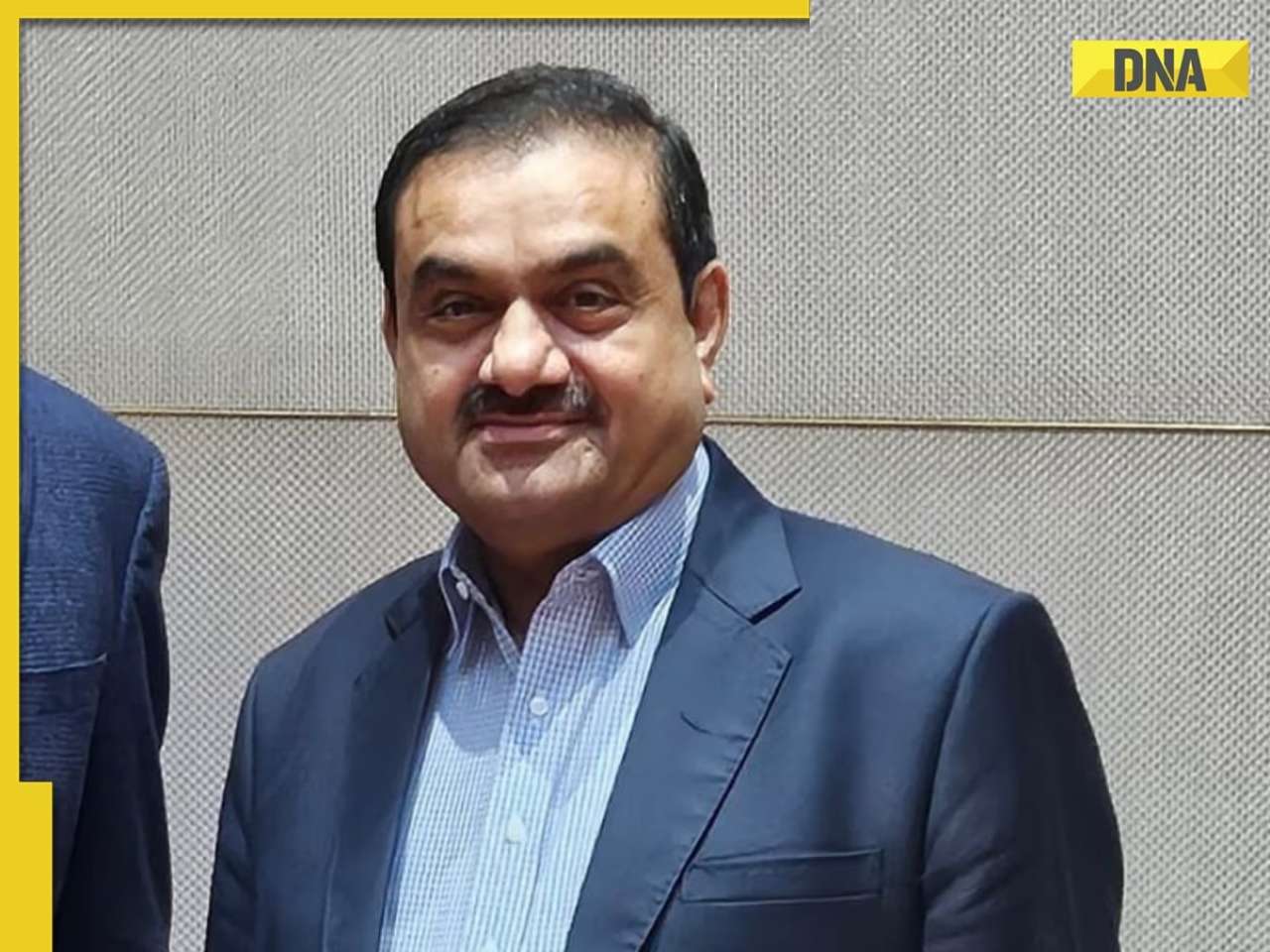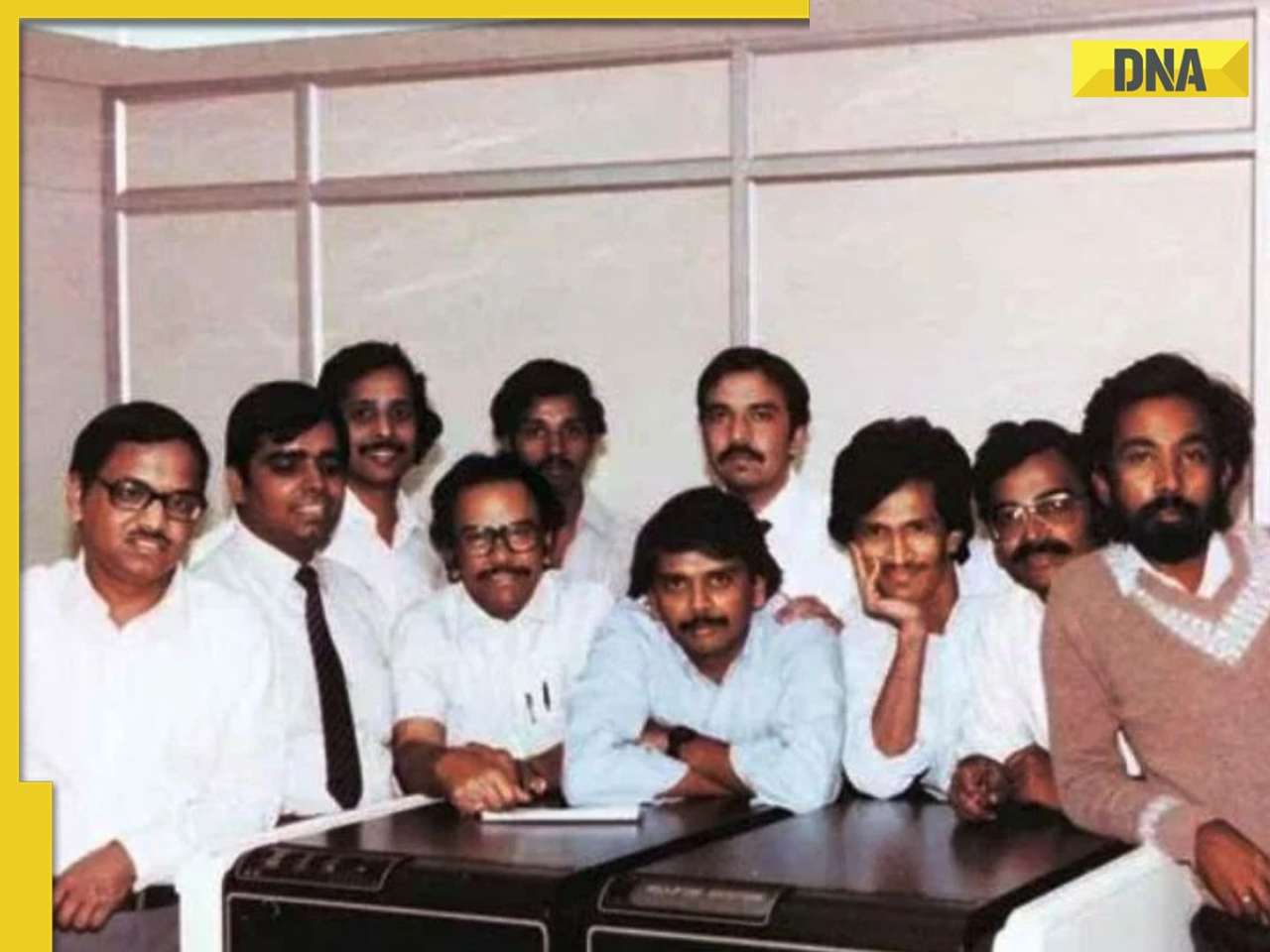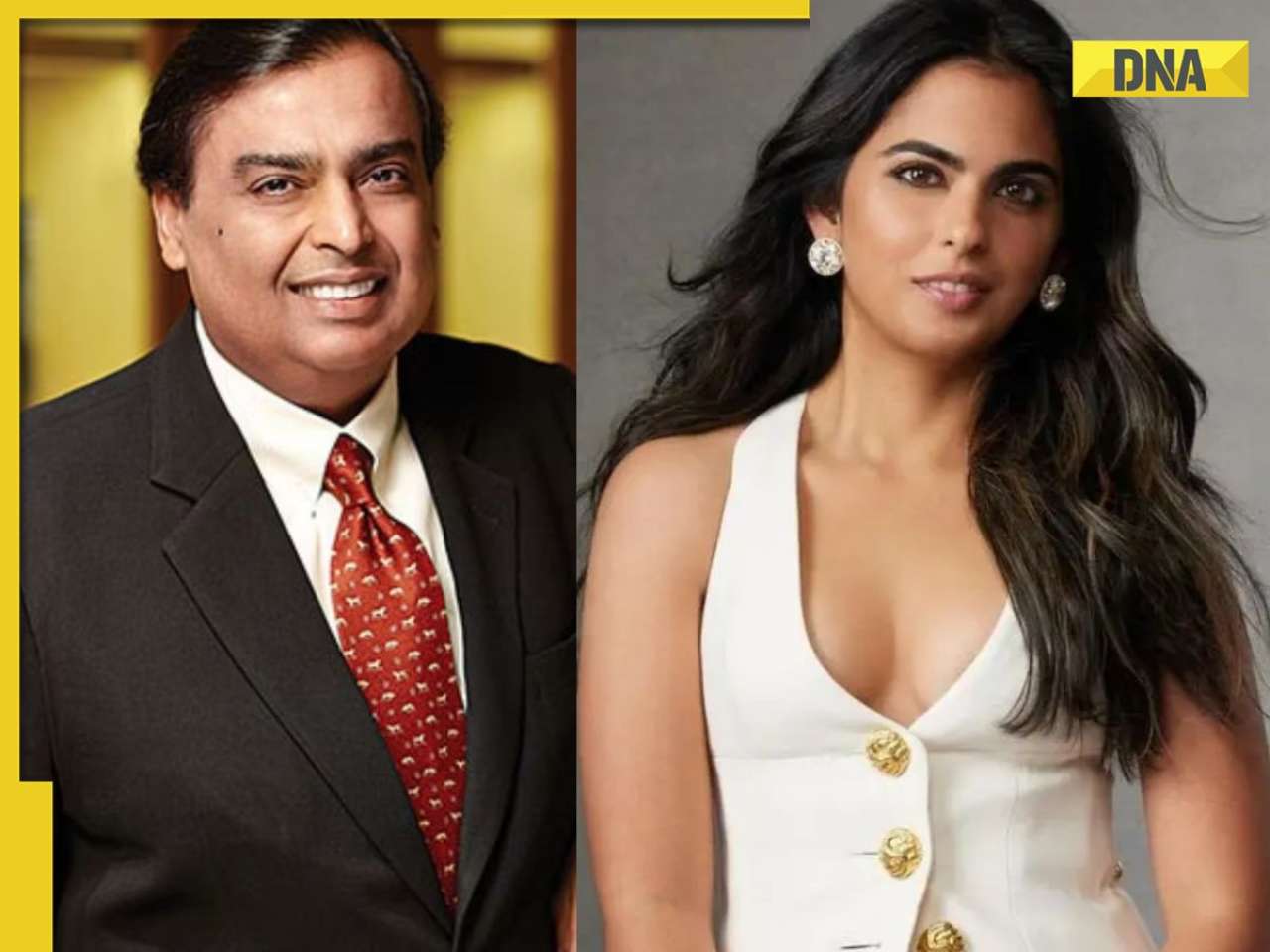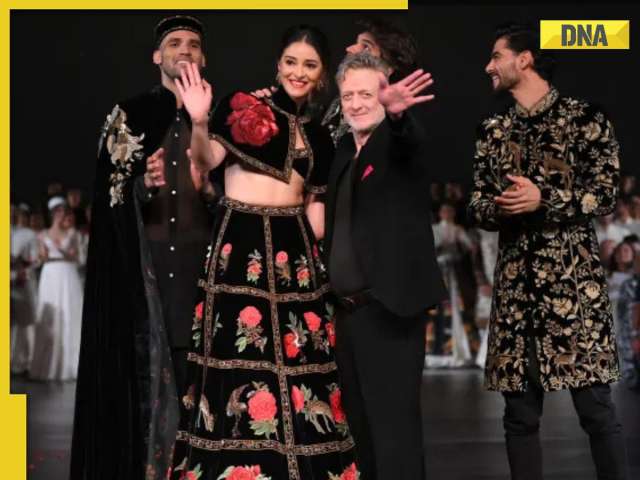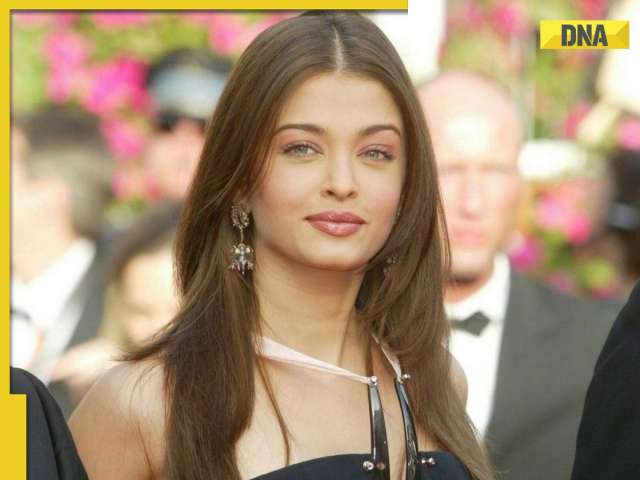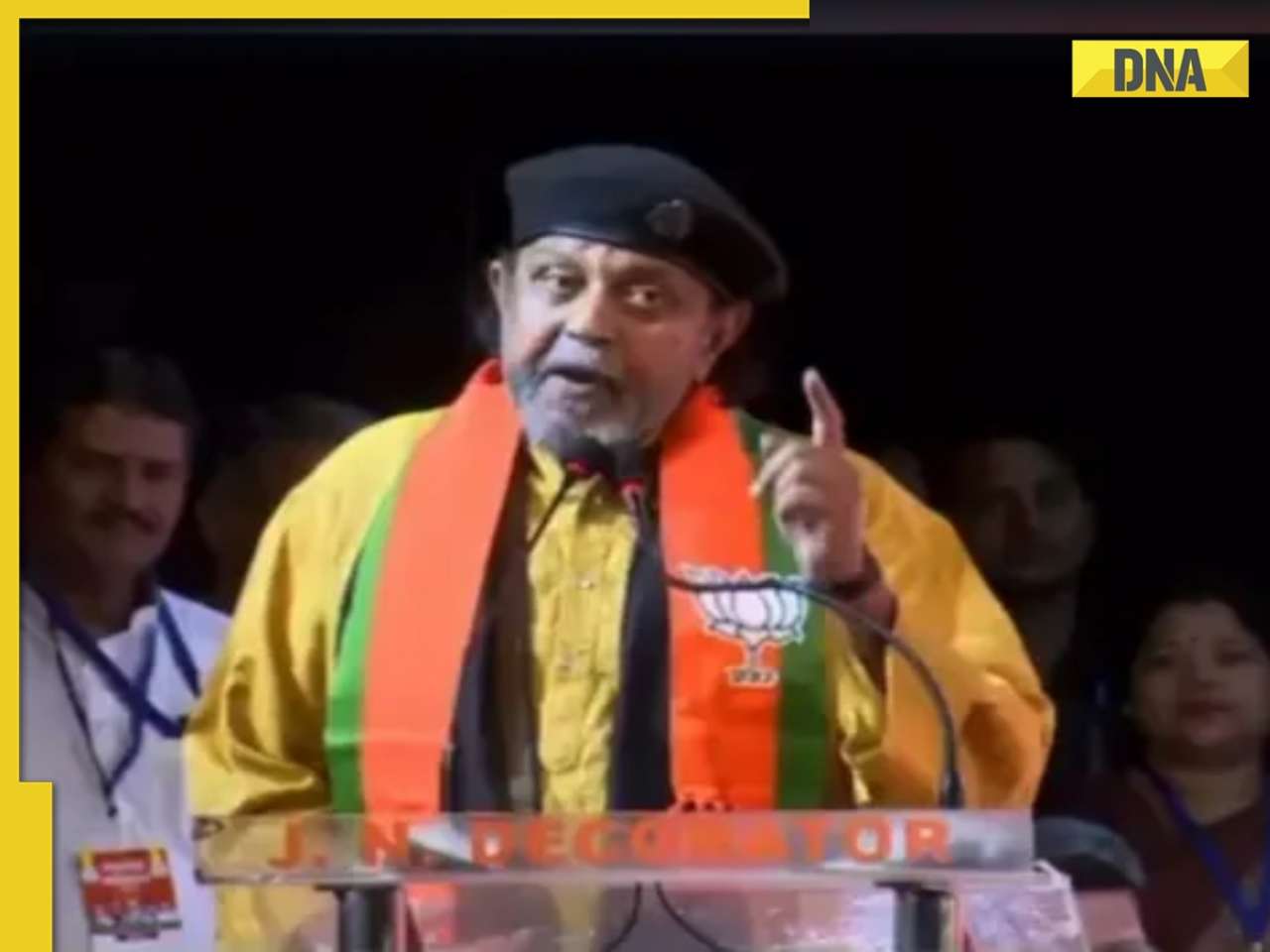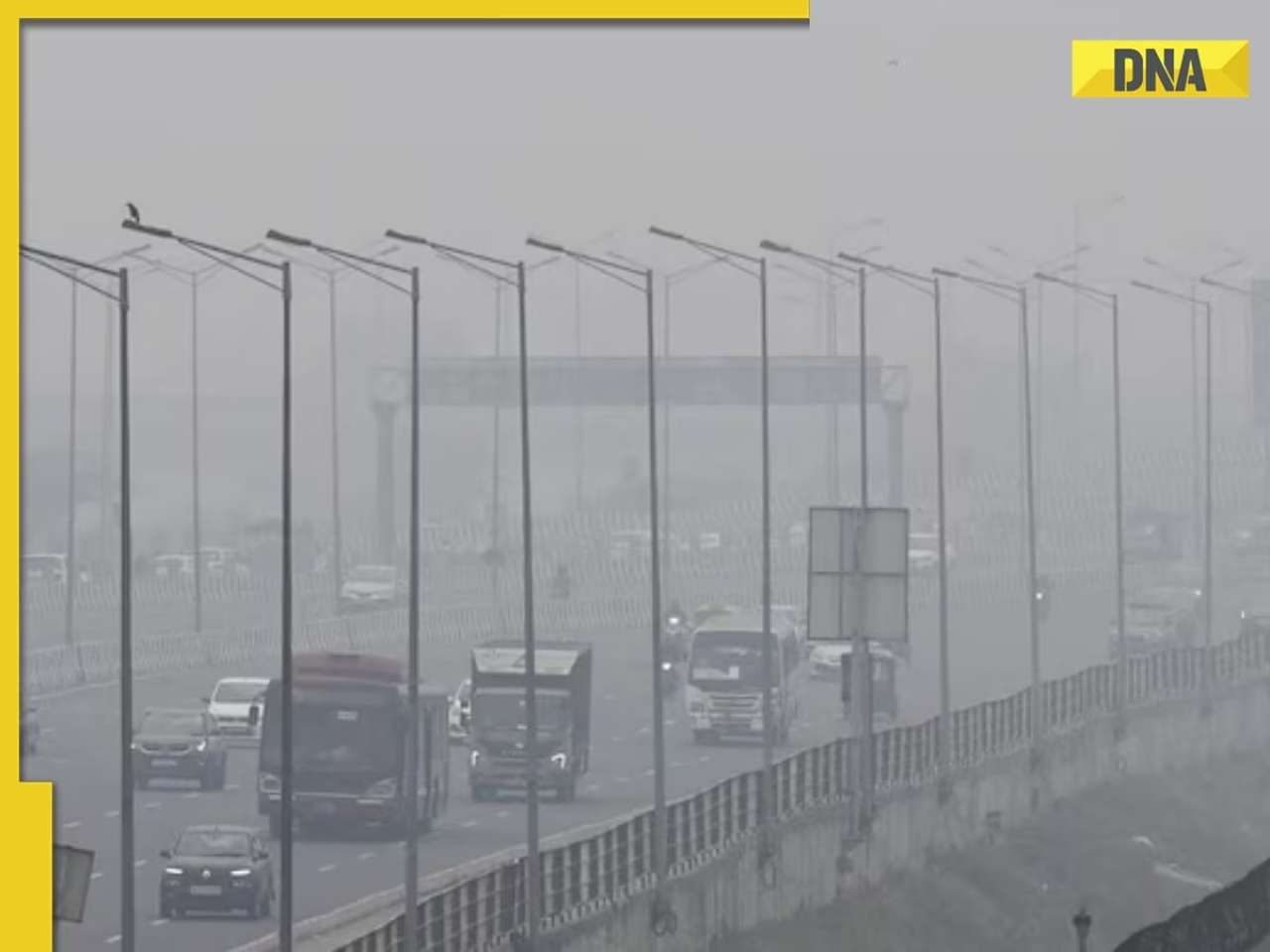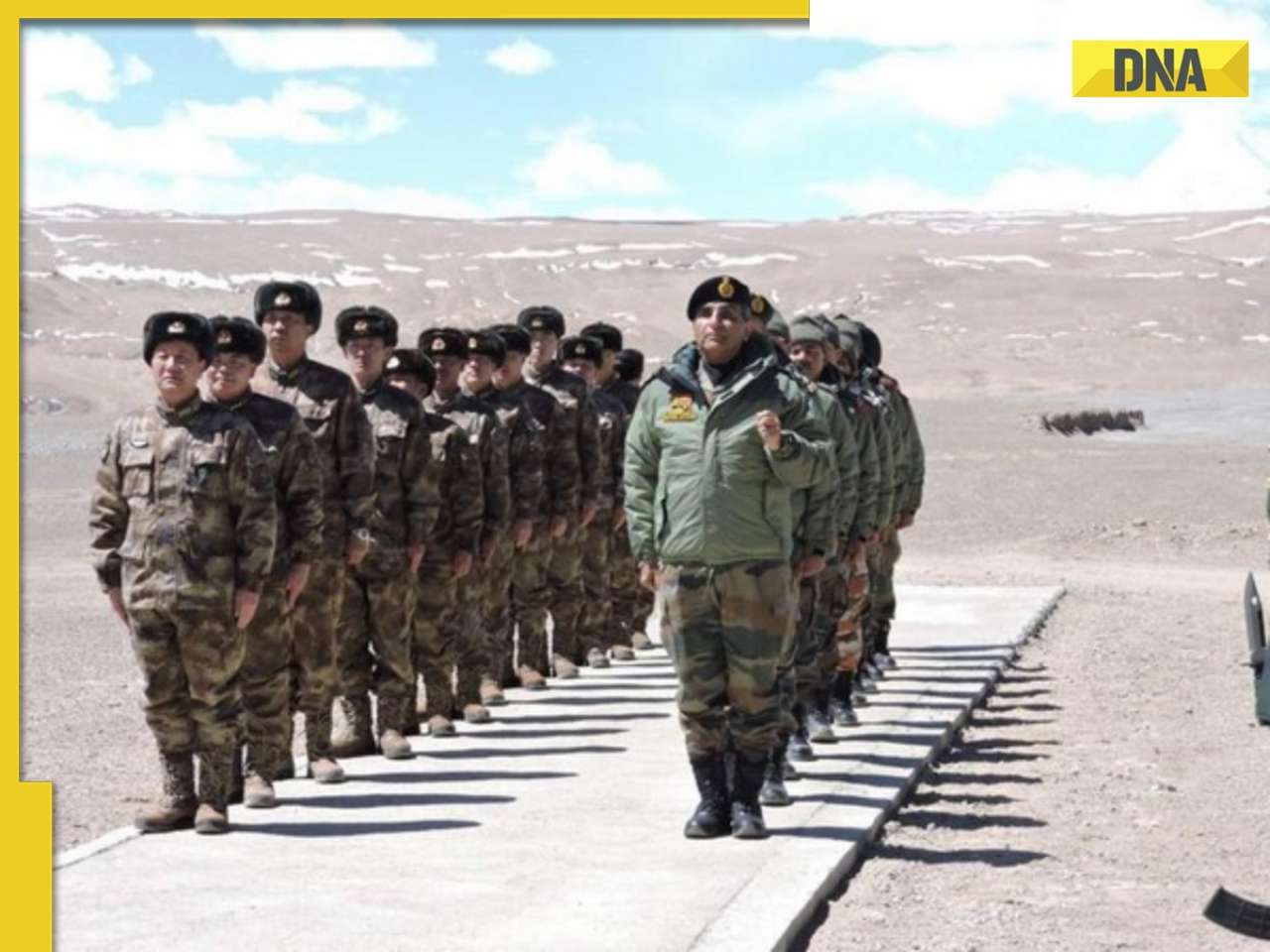Hailing from a family that has entertained the Hindi film lover for more than a decade now, new-kid-on-the-block Arjun Kapoor has made a grand entry with debut vehicle Ishaqzaade.
He swung by DNA office and chatted with our staff about Ishaqzaade, his journey from film production to acting, and much more.
Here are excerpts from the interview:
You are making a debut with the Yash Raj films. Is it exciting for you or does it add on to the pressure?
I am happy, because I feel that people come into this industry to work with Yash Raj Films and I am doing my first film with them. I also have two more to go as per my contract.
Does being a star son pressurise you?
I am not a star’s son. Boney Kapoor is a producer. ‘Star son’ is a terminology created by the media. I don’t see my father as a star that’s why it doesn’t pressurise me because I purely didn’t look at it like that. For me, he is only a star. My family name is always well respected and I am grateful that I am born in this family which has given me access to reach a particular point. Eventually I wanted to make it on my own and I am glad that I got this opportunity.
It is tougher to make your own mark when you hail from this industry and I am hopeful that after the release people will see me in isolation for my work and I hope to make my father proud by doing good work. I didn’t think that being Boney Kapoor’s son would be of any relevance in a YRF film being made. It’s not that typical launch-pad for me that the pressure would be there.
But yes, people will ask. I didn’t feel it before but now I feel slightly at certain point, when people ask me I observed that there was such a mindset also.
Audience is an audience, they are not interested in your surname, they are only interested in ‘Jab light bandh hoti hai tab tum kaam kya karte ho’. Even if I had some other surname and my work would be good, the audience would accept me and if I am horrible in the film they will show me the way out.
You come from a film background, not just your father but your cousin (Sonam Kapoor), uncle (Anil Kapoor). What kind of support did you get from them?
Any family member would support me regardless of what I was doing. I happen to be an actor, even if I would have done anything else they would have been as supportive. It just makes it easier in a way that I can use their experience if I need to, also I have learnt from their experiences by being an observer, I have seen their lives go forward.
In Anil Kapoor’s case, I have seen him over the course of many years, being more and more excited about work and that enthusiasm has not reduced.
In that case you ought to learn without actually having to sit down and discuss. It would be foolish on my part that if I want to pursue anything in film making and I avoid taking them into account. It’s been an added benefit. In my house people would only have conversations about films. We have grown up talking cinema, eating cinema. So, subconsciously it’s easy for me, I never had to learn as I have been a part of this fraternity for so long. It has been an easier journey for me from wanting to become a director, an actor.
In today’s cinema there are many women-centric films being made. Does that threaten or pressurise you?
It should never reflect in your performance, it is because of the director you are coming into doing a film. He will do justice to you as he has taken you because he believes that you can do certain things. He has written this role for Parineeti and she has done justice to it, in her caliber. So it’s equal. Tomorrow, she might get more credit for it, I might not. But that does not mean that we have not tried our best to put both of them in the same position. She might turn out to be better but when you are shooting a film you are trying to tell the story of a girl who is a certain way (sic).
For example, movies like Kahaani and The Dirty Picture have done well, so that’s good, you get more actresses of caliber, there are more scripts of caliber going to be written.
So, as an actor I will be excited to stand in front of another actor and say that she can deliver in front of me and she can inspire me to do better. If that doesn’t happen then you don’t deserve to be in front of the camera. If you get scared then you shouldn’t be there. You should make sure that you are there in the film, it should only be about the film, if the film needs a stronger character, if it needs a good actress, then as an actor it’s your duty to look at the film and not only you.
As a newcomer do you think this is the best role you could have got?
For a newcomer it’s very difficult to know what might or what might not work out, so you end up finalising the subject. It wasn’t that I was supposed to get this, it’s a subject of business.
It’s very difficult for a new-comer to get accepted in all kinds of roles, you have to make sure it’s organic, in the sense you can’t do that role, it’s the whole Bollywood jump and it would be a launch-pad and I don’t think I would be as exciting as it is. I mean Ishaqzaade came from another company. I’d ideally still like to do a film like Ishaqzaade, with this kind of a director who doesn’t come from the regular mainstream of thinking.
I was just fortunate that Habib Sir (director Habib Faisal) and Aditya Chopra saw the audition and picked a newcomer to make this kind of film.
What is the kind of preparation you had to for the role?
We were told ‘tum apne aap ko bhool jao (forget yourself). Get out of Juhu, look at the world’. So I felt like I’ve lived in a shell all my life. The first time I met Habib, I had a very decent conversation with him. I thought I will really get along with him. He seemed to be a normal person who likes to make films. And I thought we were on the same wavelength. But then I realised we were nowhere in the same ‘wave’, forget ‘length’. And when I came in for the shoot, I came with a mindset that ‘acting toh aati hai (I know how to act). Now they’ll say move to the left, move to the right. I’ll do it.’ Then the director told me to unlearn whatever I had learnt. And that I had to be “me”. So it started with as basic an approach as unlearning everything that I had learnt. The director made me get out of Arjun and get into Parma from basic things as his style of standing, because I had this habit of slouching, but I had to learn to walk with broad shoulders. I did kalaripayattu, I did so many readings of the script that before Parineeti came in, I knew her dialogues as well.
How was your experience shooting for the first time?
I’ve never lived in a small town, I’ve never been there, but when I went there, I met people who had an attitude and they weren’t apologetic about it. They’re self-sufficient; they don’t have a craze to go to bigger cities. There people are very proud of where they are from and what they do, jo hamaari film mein hopefully dikhega.
What is the idea of small-time India that you had before doing this film?
I’ve rarely been to any small town. I’ve been to Lucknow for a wedding. I’ve been to Goa and Kerala. I’ve been to these places for three days, but I was in isolation in a hotel. Even if I’ve gone anywhere it’s for shooting or a journey. It’s never really been a discovery trip. And I agree that I lived in a shell, not in a derogatory way, but that just as an actor, you need to open your avenues. Living for 90 days in Lucknow while filming, is what my actually journey was. In some way, I became a part of that life.
What has your first film taught you?
That’s the fun in the kind of film that we made. You were always moving. Very rarely did we end up having a conversation while sitting at a table. We were always on the go, always on the move. You realise that when you work with a director like him (points to Habib), who is a sweet-face tyrant.
What I realised is that if you have somebody with tremendous clarity and who believes in you, you can break out of your own shell and achieve something. Whether that was good or bad, the audience will decide when they see the film. I never knew I had this much in me to be able to give so much to my first film. It was something that I looked at as an eventuality — that I would do such roles when I am accepted. The fact that people are excited to see me in this role is because these guys believed that I could do it. Like Parineeti said, there is no substitute for hard work and the pay-off is that you are prepared. So the hard work that we put in for prepping made sure that we could have fun on set. I was prepared to face the situation. I was not scared that there are 200 people from Mumbai who’ve come to Lucknow to shoot for 90 days. And they would judge my acting and say “Boney Kapoor ka beta hai, isko acting aati nahi, aise hi leliya picture main.” (Boney Kapoor’s son does not know acting and has been hired without any talent.) All these things became irrelevant because it was all about genuinely trying to do the best we can. So the pay-off of putting in that prep made me realise that I would like to do this for as many films as I can. What normally happens is that actors take up multi-tasking and do everything and not invest enough time in acting. So they become jack of all trades and master of none. At least I hope I can follow it up by working this hard in every film.
Do you have the Friday jitters?
Now it’s done, the prints are gone and people are going to watch it. We can’t add or subtract anything or change anything now. All we’re waiting for May 11.
Parineeti swept the award functions last year as Dimple in Ladies vs Ricky Behl. What are you expecting from Ishaqzaade?
I want this film to do well, regardless of the awards. Awards will come in the future. But I want an award for working with Habib sir for one entire year.
What about the fact that Dangerous Ishhq is also releasing, new-comers versus somebody who is making a come-back?
‘Sabki film chalni chahiye. Buss hamari zara aur chal jaaye’. (Let every film do well, just let our film do alittle better than the others).
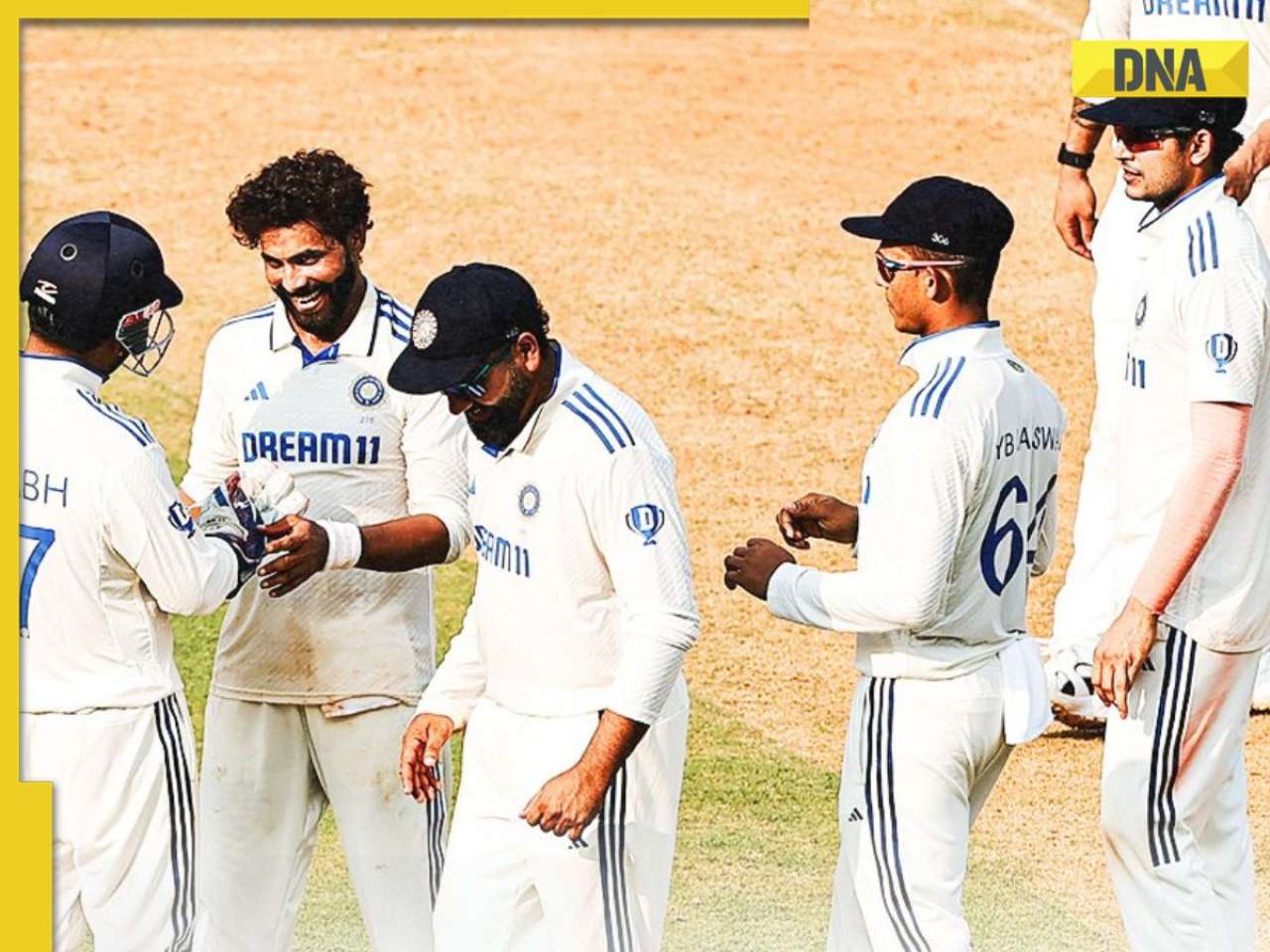
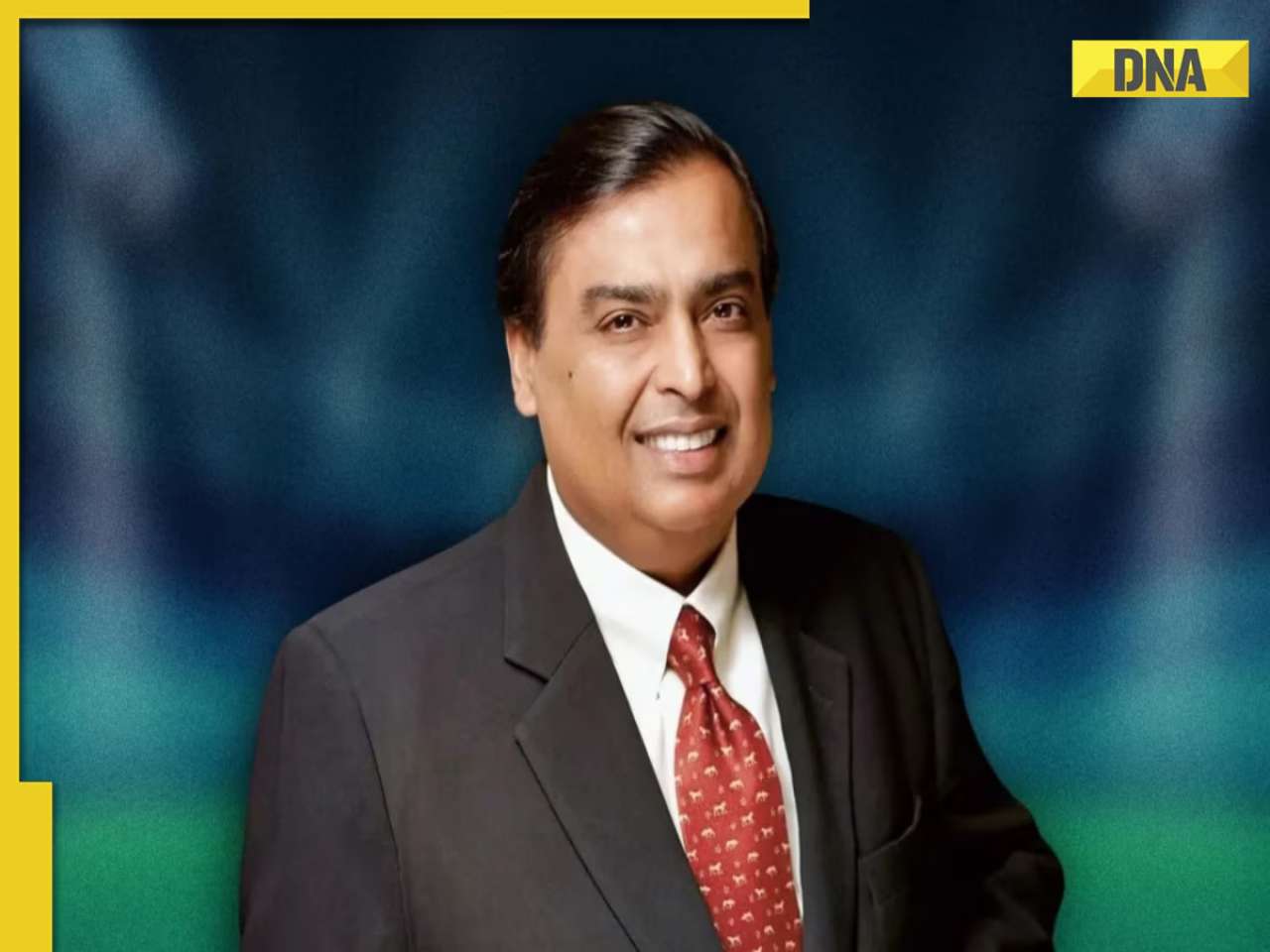
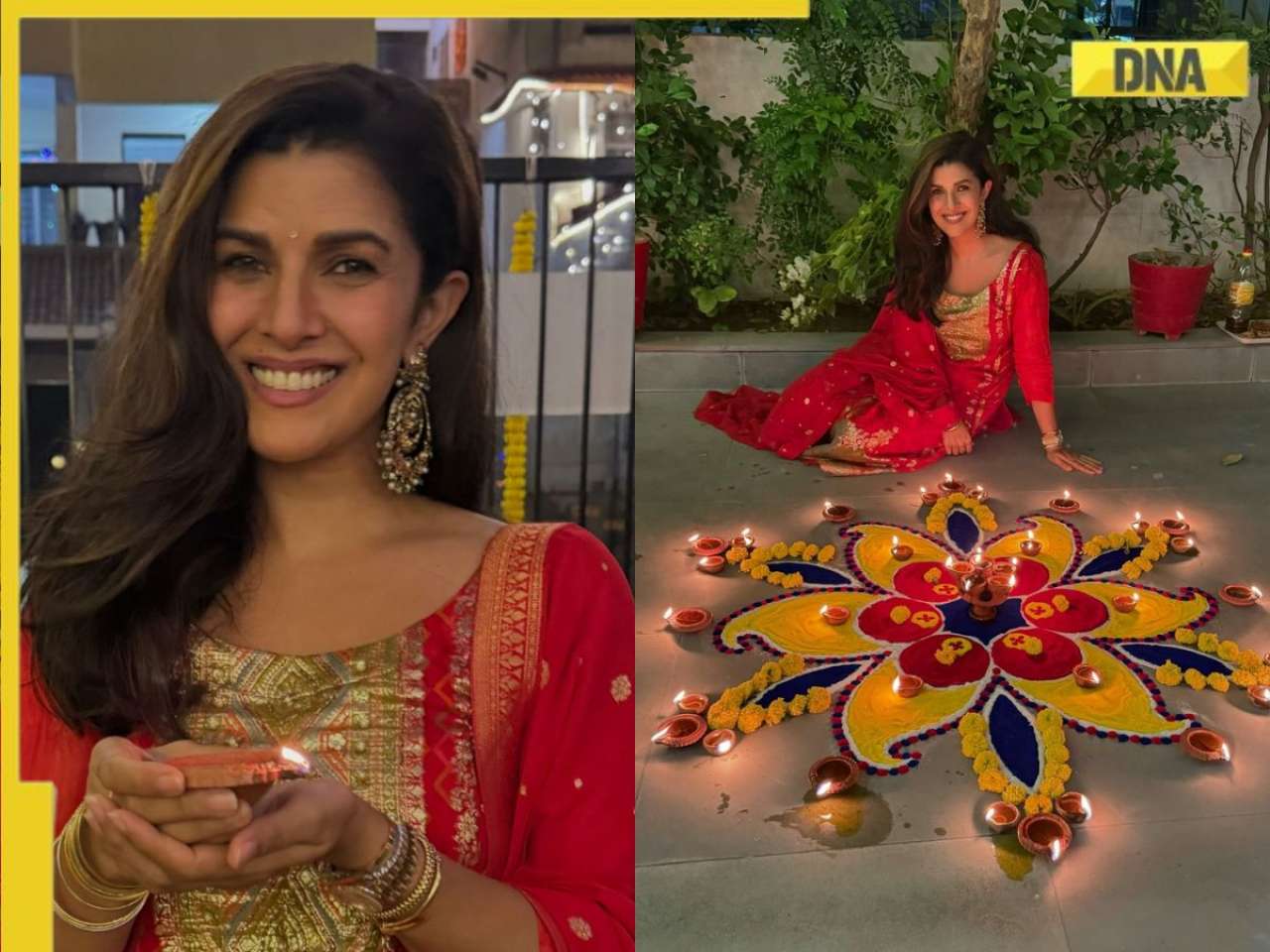


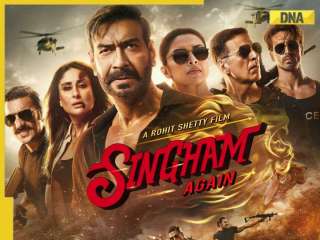

)
)
)
)
)
)
)
)
)
)
)
)
)
)
)
)






